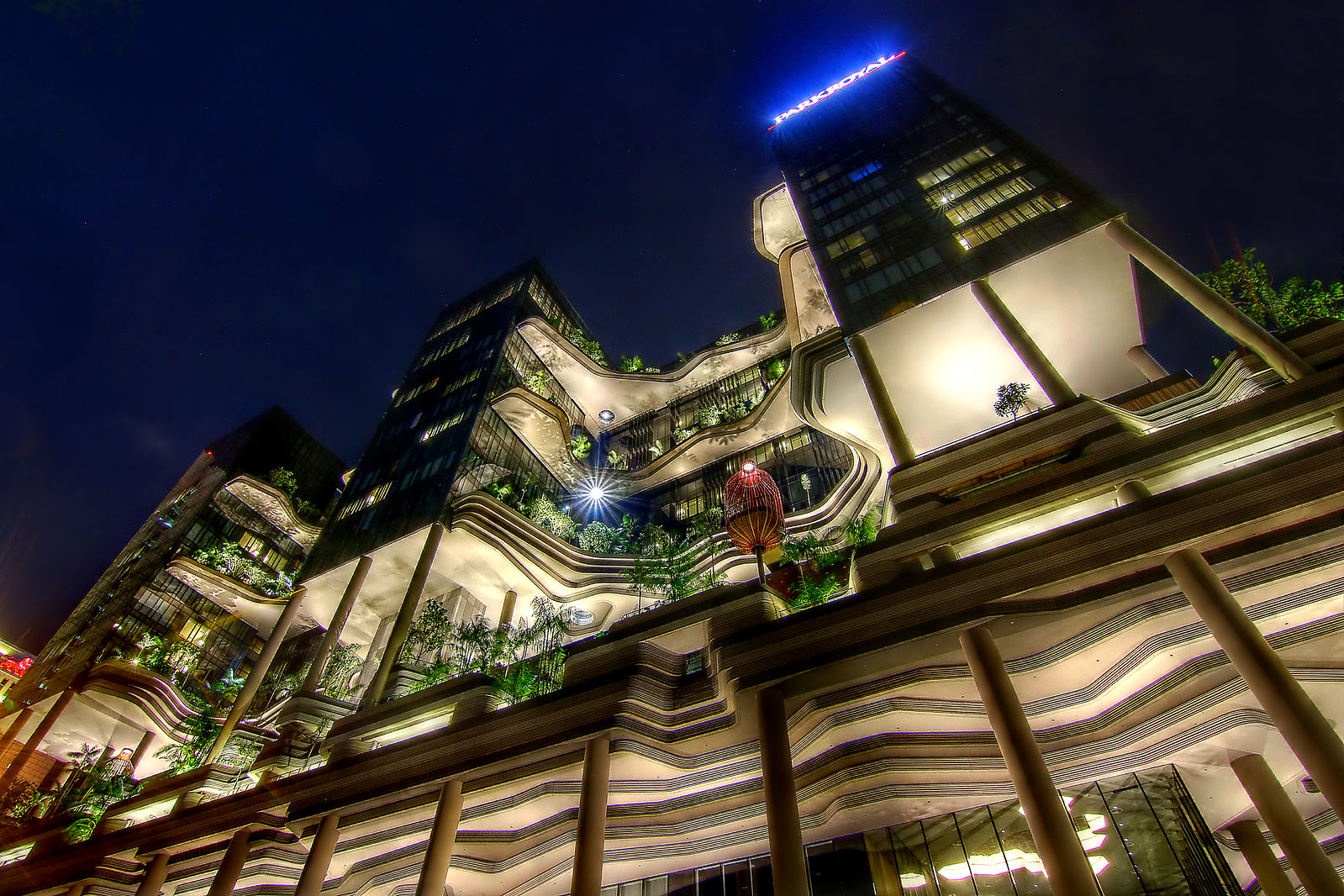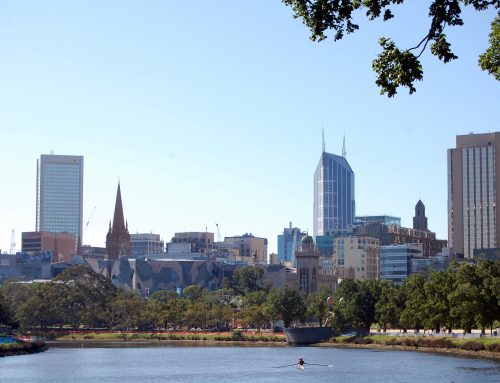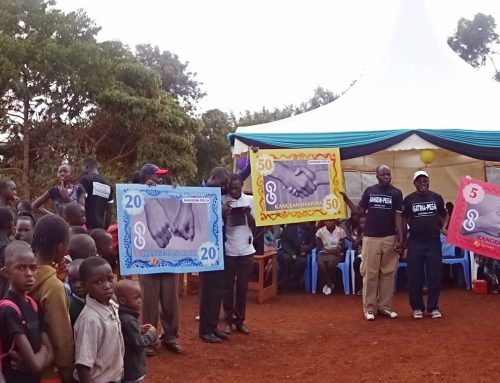WOHA is Singaporean architectural firm that aims to re-invent skyscrapers for dense urban living. Some of their influential projects are The Met Apartments in Bangkok, and the Singapore School of the Arts, and the Parkroyal on Pickering hotel in Singapore.

School of the Arts, Singapore designed by WAHO. Photo by wikipedia user Katmorro.
WOHA was founded in 1994 by architects Wong Mun Summ and Richard Hassell. It has designed projects in Singapore, as well as other larger Asian cities including Bangkok and Mumbai. WOHA has designed and built new types of tropical skyscrapers that are surrounded by vegetation and include gardens and parks. They aim to build high density buildings that are social, sustainable, and garden-filled.
A recently built project is the Oasia Hotel in Singapore, which is presented in the video below.
[youtube https://www.youtube.com/watch?v=gBsN6vwnapE]
WOHA founders explain some of these ideas to Architectural Record in an article that explains how ‘biophilic design’ is a good fit for hotels. The firm states that WOHA aims to create buildings that enable stewardship of nature, create biophilic beauty and ecosystem services.
The biophilic design that characterizes Oasia (and WOHA’s work in general) stems from three complementary rationales. The first is stewardship of nature as cities expand: the need to create places for nature at the same time we create floor area. With increasing urbanization, to have any kind of connection to nature, we need to wrap it into our buildings.
The second rationale is “just that selfish delight that comes from living a more beautiful, peaceful, centered, and calm life when you’re surrounded by nature,” says Hassell. A wealth of research from many disciplines demonstrates that this effect is genuine. Since a landmark study in 1984 documented improved recovery rates and reduced requests for pain medication in hospital rooms with a view of nature, hundreds of additional studies have demonstrated the positive impacts of biophilic environments, including reduced stress, improved cognitive performance, and enhanced creativity.
The third rationale is ecosystem services—the multitude of ways natural systems support humankind. Biophilic features can often help with stormwater management, heat island reduction, and pollution mitigation, for example. Specific to the the hospitality sector, a 2014 study from the Cornell School of Hotel Administration (SHA) found that eco-certified hotels recorded higher resource efficiency for both operations and customer activities.
A 2016 exhibition based on their work presents a vision presents it as “GardenCity, MegaCity” – meaning that
[youtube https://www.youtube.com/watch?v=Fx4GF5yDc60]
What has WOHA has designed and built residential buildings, hotels and schools that have provided spaces for people to live and work that provide them with new of reconnecting to nature and each other in the city. However, their major contribution is to contribute to develop new ways of building and designing for tropical cities. This influence is through and demonstrated by the international awards that WOHA has received for their work.



